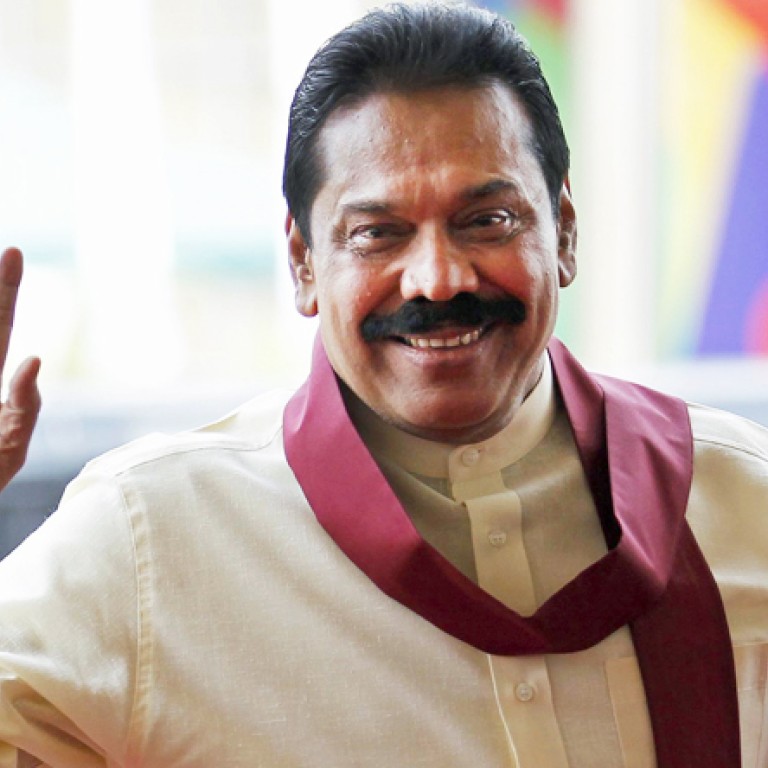
Commonwealth puts on show of unity amid rift over Sri Lankan rights abuses
Rift over a probe into rights abuses during Sri Lanka's civil war is masked by agreements on poverty eradication and development
Commonwealth leaders have signed agreements on issues such as poverty and development as they stage a show of unity after a summit in Sri Lanka dominated by a dispute over war crimes.
After a three-day meeting in Colombo, Sri Lanka's president, Mahinda Rajapaksa, said yesterday a that declaration had been signed by the Commonwealth's 53 member nations, after a Commonwealth heads of government meeting (Chogm) which, he said, had been characterised by "fruitful discussions".
But he was again forced on the defensive and warned his critics against pushing him "into a corner" by setting an ultimatum to address war crimes allegations by next March.
"I am happy with the outcome we have reached at this Chogm," said Rajapaksa, who spent much of the summit fending off allegations that his government's troops had killed as many as 40,000 civilians by the end of the country's 37-year conflict.
Outlining the agreements inked by Commonwealth leaders, he said there had been agreement on a series of issues, particularly on ensuring that economic growth did not come at the expense of equality.
"Achieving growth with equity and inclusive development must be one of the priorities of the Commonwealth," said the Sri Lankan president.
"Issues covered in the communiqué include development, political values, global threats, challenges and Commonwealth co-operation."
While only 27 heads of government attended this year's meeting, Malaysia's prime minister, Najib Razak, said the summit had helped strengthen the organisation of mainly English-speaking former British colonies.
"I sense there is a reaffirmation of the spirit and ideals of the Commonwealth ... the core values of the Commonwealth, namely democracy, the rule of law and human rights," Najib said.
The Malaysian prime minister said there was a general recognition among leaders of "the fact that we are different but should not be divided".
"There was a reaffirmation of the spirit and willingness of wanting to stay together as a unique collection of nations."
The summit was dealt several body blows before it began, with the leaders of Canada, India and Mauritius deciding to stay away to protest Colombo's rights record.
Britain's prime minister, David Cameron, then stole the limelight on the opening day with a visit to the war-torn Jaffna region, where he met survivors of a conflict that killed more than 100,000 people.
Australia's prime minister, Tony Abbott, who was handing over the chairmanship of the Commonwealth to Sri Lanka, acknowledged "more needed to be done" to address concerns about its rights record but said he wanted to be "good mates" with Colombo.
According to the United Nations and rights groups, as many as 40,000 civilians may have died as troops loyal to the mainly Sinhalese government routed the Tamil Tiger rebel movement in its last stronghold in Jaffna in 2009.
Sri Lanka has refused to allow foreign investigators onto its soil, but Cameron warned Rajapaksa he would lead a push for an international probe through UN bodies unless an internal inquiry produces credible results by March.
Rajapaksa said that Sri Lanka would not bow to pressure and would complete its own inquiries in its own time.
